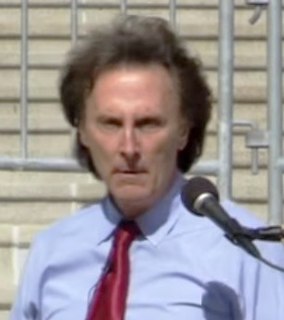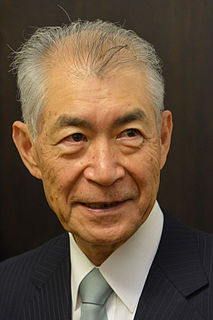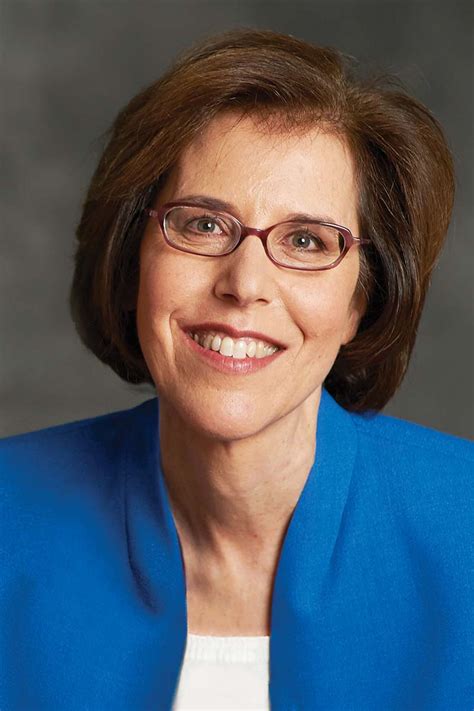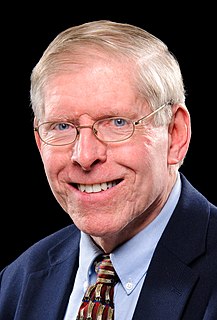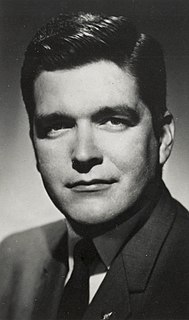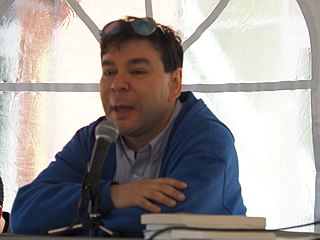A Quote by Suleika Jaouad
While an increasing number of cancer treatment centers have begun offering post-treatment care plans and support groups to help patients navigate these challenges, many patients continue to fall through the cracks.
Related Quotes
In 1975, the respected British medical journal Lancet reported on a study which compared the effect on cancer patients of (1) a single chemotherapy, (2) multiple chemotherapy, and (3) no treatment at all. No treatment 'proved a significantly better policy for patients' survival and for quality of remaining life.'
We went through the records and we found over five hundred of his patients who were alive and well five years after their treatment, with no cancer. And Dr. Burton didn't selectively give us these. These were "take what you want. Here are the patients I treated." So there was statistical improvement - more so than any cancer institution in the United States could show.
Treating only terminal cancer patients, the Rand (anti-cancer) vaccine produced objective improvement in 35% of 600 patients while another 30% demonstrated subjective improvement. FDA stopped the vaccine's use in a federal court hearing where neither the cancer patients nor their doctors were allowed to testify.
Nurses have new and expanding roles. They are case managers, helping patients navigate the maze of health care choices and develop plans of care. They are patient educators who focus on preventative care in a multitude of settings outside hospitals. And they are leaders, always identifying ways for their practice to improve. Because nurses have the most direct patient care, they have much influence on serious treatment decisions. It is a very high stakes job. Everyone wants the best nurse for the job, and that equates to the best educated nurse.
Treatment Plans and Interventions for Depression and Anxiety Disorders provides clinicians with essential guidelines to treat patients in the era of managed care. Seven psychiatric disorders are described and conceptualized in cognitive-behavioral terms. The authors then provided an unusually clear, reader-friendly description of how to assess and treat each disorder with illustrative case examples, and patient forms and handouts. It should prove very useful for clinicians or clinicians-in-training who want to learn how to conduct short-term treatment through an empirically validated approach.
The survival rate of Dr Burton's patients approximately doubled the maximum survival rate of conventionally treated patients. Had these findings pertained to a chemotherapy drug instead of IAT, massive amounts of funding would have been allocated to investigate the drug. Once again, the politics of cancer barred a potentially valuable treatment from reaching the public.
The USDHEW calculates that 7% of all patients suffer compensable injuries while hospitalized .....One out of every five patients admitted to a typical research hospital acquires an iatrogenic (Caused by the treatment process) disease, one case in thirty leading to death. Half of these episodes result from complications of drug therapy; amazingly, one in ten come from diagnostic procedures.
Dr. Lawrence Burton....in fighting cancer.(:) Many of his patients are now living normal lives after being told there was nothing more the conventional treatments could do for them, and that death was imminent....Why are Americans being forced to go off shore for treatment for cancer from an American doctor and for a program that was developed in America?
Money spent on vegetative patients is money not spent on preventive care, such as flu shots and mammograms. Each night in an ICU bed for such patients is a night that another patient with a genuine prognosis for recovery is denied such high-end care. Every dollar exhausted on patients who will never wake up again is a dollar not devoted to finding a cure for cancer.
Because of the war on drugs, pain patients are treated with skepticism and pain doctors live in fear of being prosecuted for overprescribing. The end result is that addicts still get their opioids without much trouble, while genuine patients often can't find treatment. Those who do must typically be tracked in a database and must schedule frequent, expensive doctor visits for surveillance like urine testing.


